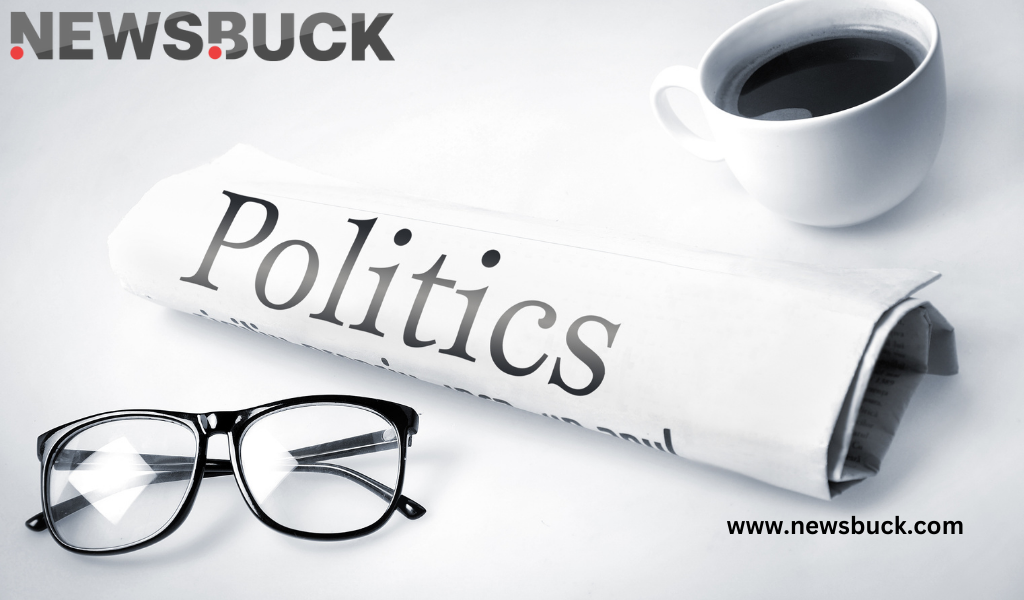The relationship between politics and journalism has evolved in recent years along with the media landscape. Politicians can now interact with the public more directly because of the emergence of channels like social media, political news headlines, and video websites. Now they have the confidence to break the rules that formerly governed their interaction with the media and allowing them to generally avoid media scrutiny—the price they used to have to pay to get their message out. To avoid this situation, unbiased political news is very essential.
There is no doubt that a lot hasn't changed, but there is also the impression that the political news media are still getting used to this new reality and may not always be able to hold politicians accountable at a time when they have less influence over what ultimately reaches the public.
There are many different opinions on what the media should do in response from journalists, politicians, academics, and other observers, but news audiences' opinions are rarely sought after, which seems odd given that many news organizations have recently shifted their attention to their audience while reporting Politics News Today.
Few would contend that consumers should dictate journalistic practice or the policy of technological platforms, yet what audiences believe is still important because journalism only exists in the context of its audience.
Most people believe that platforms should block political advertisements that contain mistakes, even if it ultimately results in the platforms taking on the role of truth-determinators, and that journalists should expose incorrect remarks made by politicians even if it draws undue attention to them.
Most of the time, throughout the left-right political spectrum ofinternational political news today, there is unanimity on these subjects. But when we look at people with different levels of political interest, we observe varied points of view; those who are most involved tend to favor more transparent political communication platforms that mirror the status quo.
As political interest increases, people are more likely to express an opinion (as opposed to stating that they are unsure), and that opinion is more likely to be that the news media should cover what politicians have stated in their short Political News. The likelihood that people with the highest degrees of political interest prefer potentially misleading statements from politicians being reported is about twice as high.
The conventional functions of the press in a democratic society have been both enhanced and undermined by new media. Positively, they have significantly enhanced the likelihood that political information will reach even the most apathetic citizens. They make it possible to establish online public forums where ideas can be freely exchanged. The people can now interact with the government in novel ways and contribute to the dissemination of political information thanks to the new avenues they have opened up for participation.

